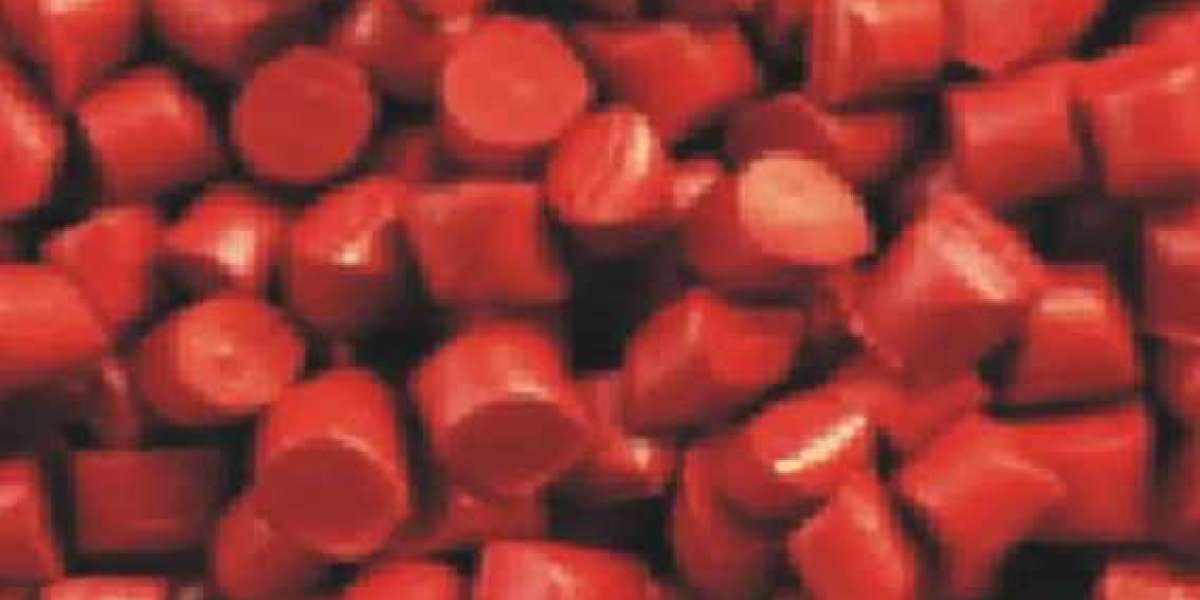Plastic color masterbatch is an indispensable colorant in the plastic industry, providing a wide range of colors to plastic products through precise control of color consistency and stability. Before delving into the components of plastic color masterbatch, it's crucial to understand its key role in the plastic processing process. Plastic color masterbatch primarily consists of four components: pigments, carriers, dispersants, and additives.
- Pigments
Pigments are the most important part of plastic color masterbatch, determining the color of the final product. The choice of pigments affects not only the accuracy of the color but also the heat resistance, light resistance, and migration resistance of the color masterbatch. Common pigments include organic and inorganic pigments, with organic pigments typically offering more vibrant colors, while inorganic pigments have better heat and weather resistance.
- Carriers
Carriers are the matrix of plastic color masterbatch, determining the physical form and processing properties of the color masterbatch. Carriers are usually the same resin as the final plastic product, such as polyethylene, polypropylene, or polyvinyl chloride. The choice of carrier affects the dispersibility, processing, and cost of the color masterbatch. A good carrier ensures that pigments are evenly dispersed in the plastic melt, ensuring color consistency.
- Dispersants
Dispersants play a key role in plastic color masterbatch by helping pigments disperse evenly in the carrier, preventing pigment aggregation. The addition of dispersants can significantly improve coloring efficiency, reduce the amount of pigment used, and enhance the uniformity and stability of color. The choice of dispersant depends on the properties of the pigment and the type of carrier to achieve the best dispersion effect.
- Additives
Additives in plastic color masterbatch serve various functions, including improving the processing properties of the color masterbatch, enhancing the stability of color, and strengthening the performance of the final product. Common additives include antioxidants, UV absorbers, antistatic agents, etc. These additives can improve the heat resistance, light resistance, and migration resistance of the color masterbatch, while also enhancing the physical and surface properties of plastic products.








